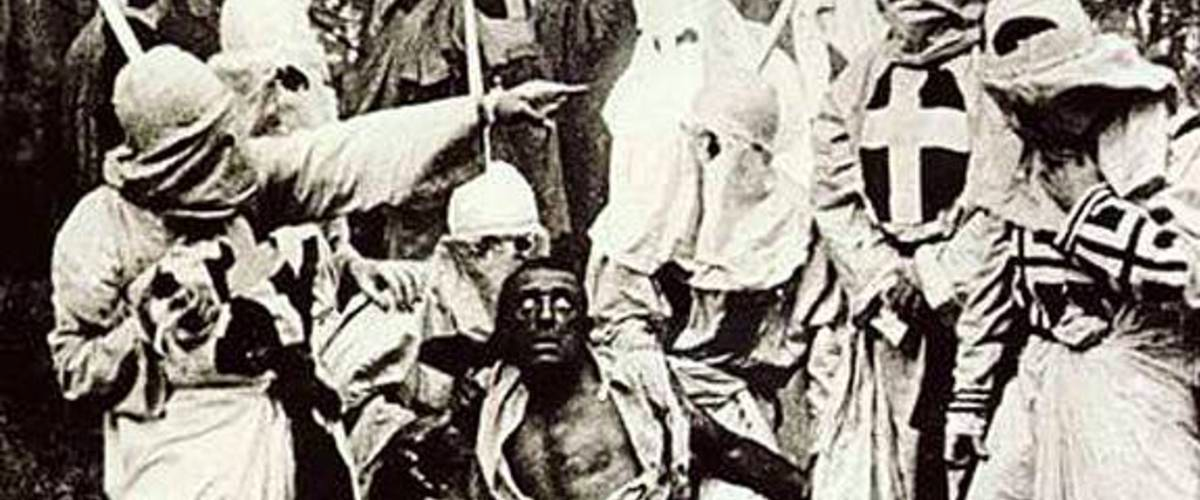Religion has been a primary source of inspiration, as well as controversy, for artists for centuries. And certainly when the Bible is used as the conceptual or thematic basis for any high-profile work of contemporary art, trouble is likely to follow. See also: Darren Aronofsky’s Noah, which opened to much fanfare last week. Controversy pre-dated its release as the results from test audiences (from screenings held in October of last year) alarmed Paramount enough for them to insist on revisions to Aronofsky’s final cut of the film. Variety drew the ire of Paramount for reporting that ninety-eight percent of the Christian organization Faith Driven Consumer expressed their distaste for the film—although none of the individuals polled had actually seen it. The film has also generated ripples in predominantly Muslim countries for its depiction of Noah, who is also observed as a prophet in Islam. The film has even already been banned in several countries, including Pakistan, Qatar, and the United Arab Emirates.
Paramount executives are no-doubt delighted that the film made $44 million in its opening weekend and advance “warnings” couldn’t have hurt. But the film is not a unique case-study in that it’s only one among many high-profile religious films that have managed to generate considerable positive-negative buzz prior to release. Here’s a look at other controversy-courting films with religious themes.
1915: The Birth of a Nation (D.W. Griffith)
D.W. Griffith changed the history of cinema while unfortunately paying tribute to white supremacy in this film, which glorifies the Ku Klux Klan as pious Christians for oppressing African Americans, who are depicted in the film as heathens. The NAACP had existed for just enough to take umbrage and lead protests against the film—and while it wasn’t received warmly during its release, today it holds a special place in the annals of American cinema, for both formal and moral reasons.
1968: Rosemary’s Baby (Roman Polanski)
Polanski teamed up with producer William Castle to construct this highly stylized and chilling interpretation of the Ira Levin book of the same name, which tells the story of a young woman (Mia Farrow) who moves into an apartment building inhabited by a satanic cult, and is used as the vessel for the devil’s child. The film elicited an outpouring of hate mail from religious communities even though today it is largely regarded today as both a seminal horror film, and as a provocative feminist allegory for addressing the degree to which married women commonly forfeit agency over their own bodies.
1971: The Devils (Ken Russell)
This adaptation of Aldous Huxley’s novel The Devils of Loudon tells the story of Urban Grandier (Oliver Reed), who is a womanizing and political influential priest in 17th-century Loudon, who loses all political influence when he is wrongfully accused of sexual assault and heresy by a delusional, hunchbacked nun (Vanessa Redgrave). The film was hotly contested for its graphic depiction of antiquated torture methods (including a public execution by fire) and for scenes which eroticize the Crucifixion and depicted a gang of nuns engaging in an orgy atop a large statue of Christ.
1973: The Exorcist (William Friedkin)
Friedkin’s treatment of the William Peter Blatty book by the same name tells the story of a Washington D.C.-based actress named Chris (Ellen Burstyn) whose young daughter Regan (Linda Blair) becomes possessed by the devil after accidentally summoning him through a ouija board.
1979: Monty Python’s Life of Brian (Terry Jones)
This satirical treatment of the New Testament features a man named Brian (Graham Chapman) who lives his life perfectly parallel to Jesus Christ—he’s even born into a manger adjacent to Christ. The film lampoons logical inconsistencies in the Christian scripture, and was met with resistance all over the world, with pundits viciously attacking the film and Python members John Cleese and Michael Palin on BBC’s Friday Night, Saturday Night, and rabbis and nuns reportedly picketed outside the film upon its theatrical release in New York City.
1988: The Last Temptation of Christ (Martin Scorsese)
This brazen envisioning of the Nikos Kazantzakis novel by the same name depicts a Jesus Christ (Willem Dafoe) who struggles against earthly temptations, such as anxiety and lust. Many Christians were outraged by the notion of Christ entertaining sexual fantasies, but the film was nevertheless nominated for several prestigious awards–Scorsese even received the Oscar nomination for “Best Director.”
1999: Dogma (Kevin Smith)
This was Smith’s stab at religious zealots, which featured recurring characters Jay and Silent Bob, plus a computer generated cartoon feces monster (or Golgothan, if you prefer), and a notable cameo from Alanis Morrisette as god. The film generate some mild controversy prior to its release, but evidently, not nearly enough controversy to capture the general public’s interest, as the film didn’t perform well at the box office, nor does it seem to have made any enduring influence.
2004: The Passion of the Christ (Mel Gibson)
The film tells the story of Christ’s punishment, and is notable for both its use of Aramaic language and for its unrelenting depiction of Christ’s torture. Many accused the film of demonizing people of the Jewish faith, while others felt that the film did a disservice to the scripture by fixating on bodily torments and eliciting visceral responses through graphic depictions of violence, rather than offering a more contemplative, cogent analysis of Christ’s values and teachings. Judge for yourself, if you haven’t already seen it.
2006: The Da Vinci Code (Ron Howard)
The film (like the best-selling Dan Brown book itself) drew the ire of conservative Christians for challenging many aspects of Orthodox Christianity, insinuating, among other things, that Christ had a love affair with Mary Magdalene and that the Catholic Church had purposefully suppressed certain religious texts for political reasons. The film was banned in many Muslim countries around the world, including Egypt, Jordan and Pakistan—although it was a major box office success in the United States, and DVD sales have also proven lucrative.





